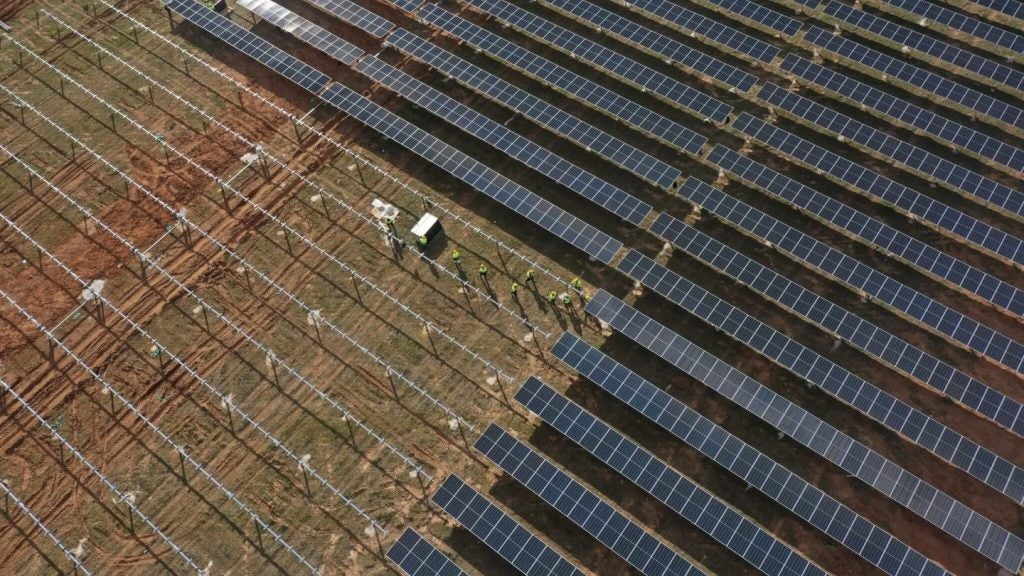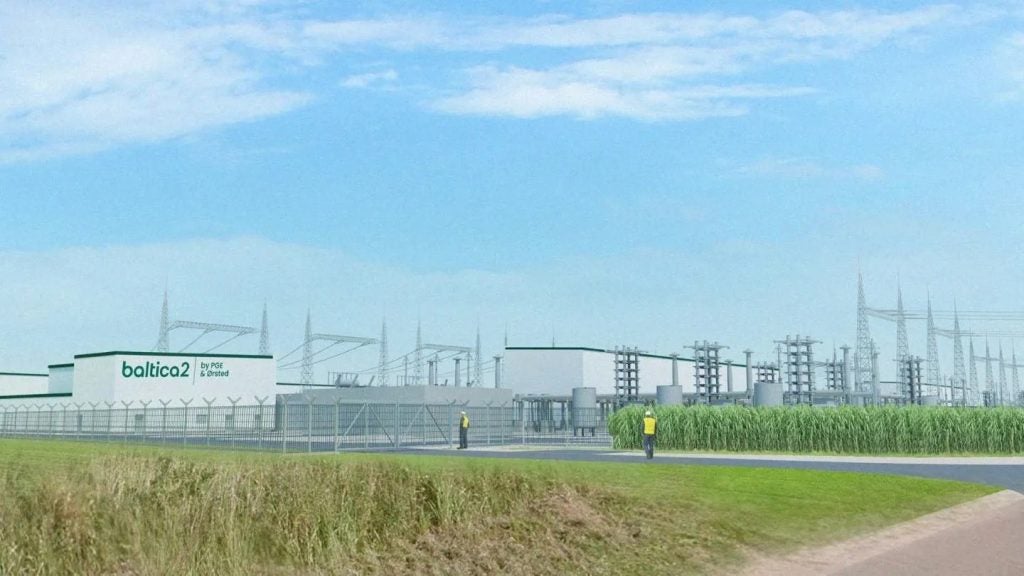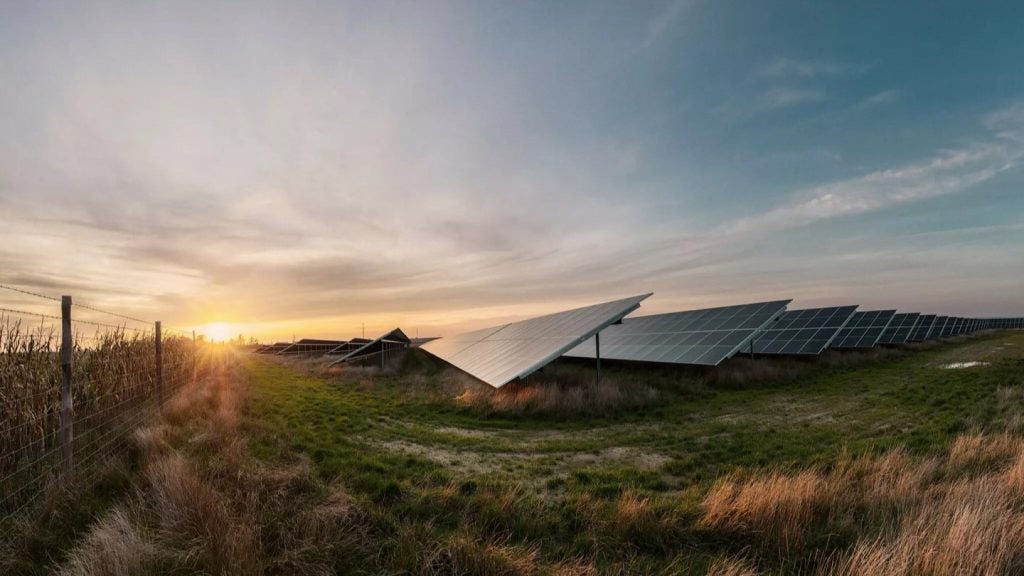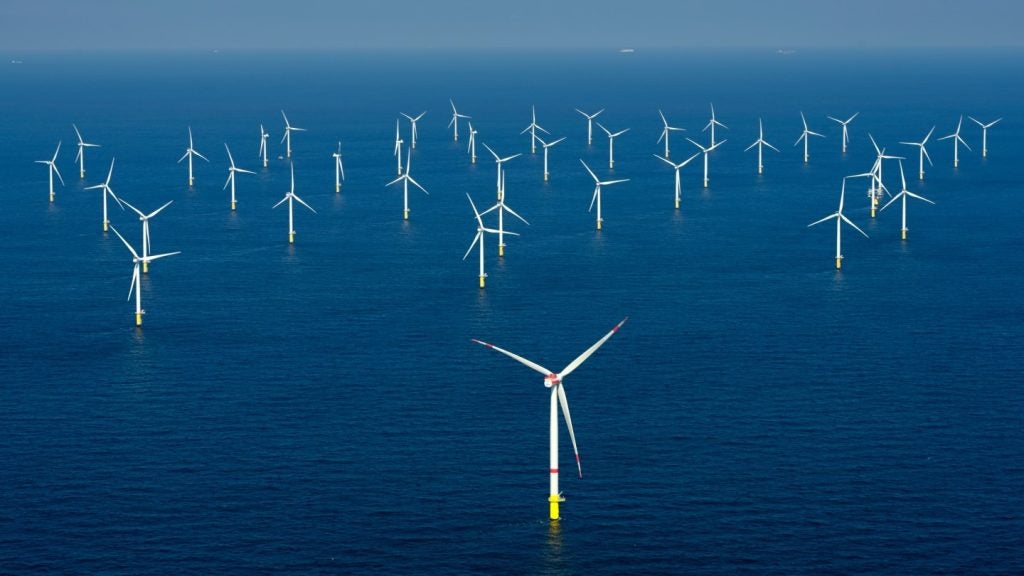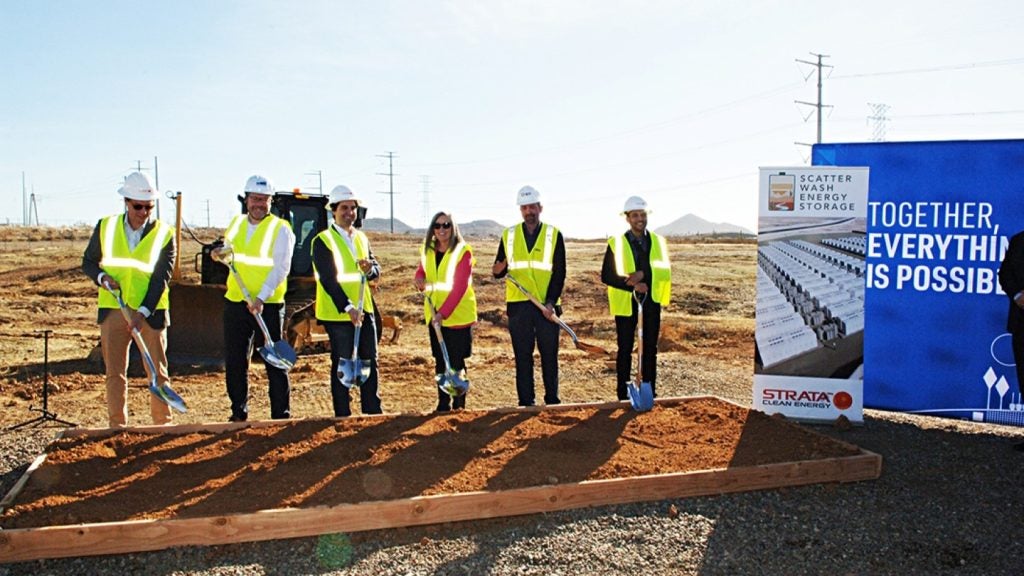Amid increasing challenges for grid operators in the wake of the energy transition, Germany’s energy regulator has proposed major changes to the nation’s grid system. The Bundesnetzagentur has published a key elements paper outlining the future of cost and incentive regulation across the electricity and gas network sectors.
The plan focuses on shortening the regulatory period from five to three years to adapt to faster changes in costs incurred by network operators. One of the proposals for streamlining the regulatory process is to replace current individualised determinations of capital costs for new projects with the application of a weighted average cost of capital formula to evaluate the costs of new developments.
Streamlining Germany’s grid regulation procedures is vital as the nation’s 2045 net-zero target looms ever closer. With renewable generation seeing a year-on-year increase of 12% in 2023 and increased electrification placing further strain on the grid, overly bureaucratic regulatory processes can hamper progress. According to GlobalData, six times more renewables projects are stuck in permitting than there are under construction in Germany, posing a major threat to decarbonisation targets.
"Network operators are successfully making considerable efforts to meet the challenges of the energy transition. We want to provide even more support to them in this endeavour," said Klaus Müller, president of the Bundesnetzagentur. "Over the years, tariff regulation has developed into a tangle of rules, rather like tax law. It is to be generally streamlined and simplified and, above all, to become less bureaucratic while maintaining its reliable framework conditions.
"The energy transition is picking up the pace. The electricity grids have to be expanded and digitalised more quickly. Parts of the gas network can be converted for use with hydrogen, while the rest will, in the long term, be shut down. All that will lead to changes in costs. We want to be able to respond more rapidly to such changes in the future without losing sight of cost efficiency."
The proposals have been welcomed by the German energy sector. In a press release by the German Association of Energy and Water Industries (BDEW), Kerstin Andreae, chairwoman of the BDEW Executive Board, commented: "We welcome the fact that Klaus Müller, Head of the Federal Network Agency, and Vice President Barbie Haller acknowledged the considerable efforts and successes of network operators.
"Modern and secure grids are a central component in the implementation of the energy transition and crucial for the attractiveness of Germany as a business location. The grid operators have been successfully expanding the grids for the energy transition for years. This is also shown by the successes we have already achieved: In Germany, we already have more than 50 percent renewable energies in our power grids and continue to be the leader in Europe in terms of security of supply.
“We also see that the regulatory framework should be optimized with a view to the requirements of the energy transition. It is good that this should take place in an open and constructive dialogue,” she added. “The BDEW and its member companies are ready for this. The goal is clear: the regulatory framework must enable grid operators to further develop the grid in line with the energy transition and to manage the enormous investments.”




